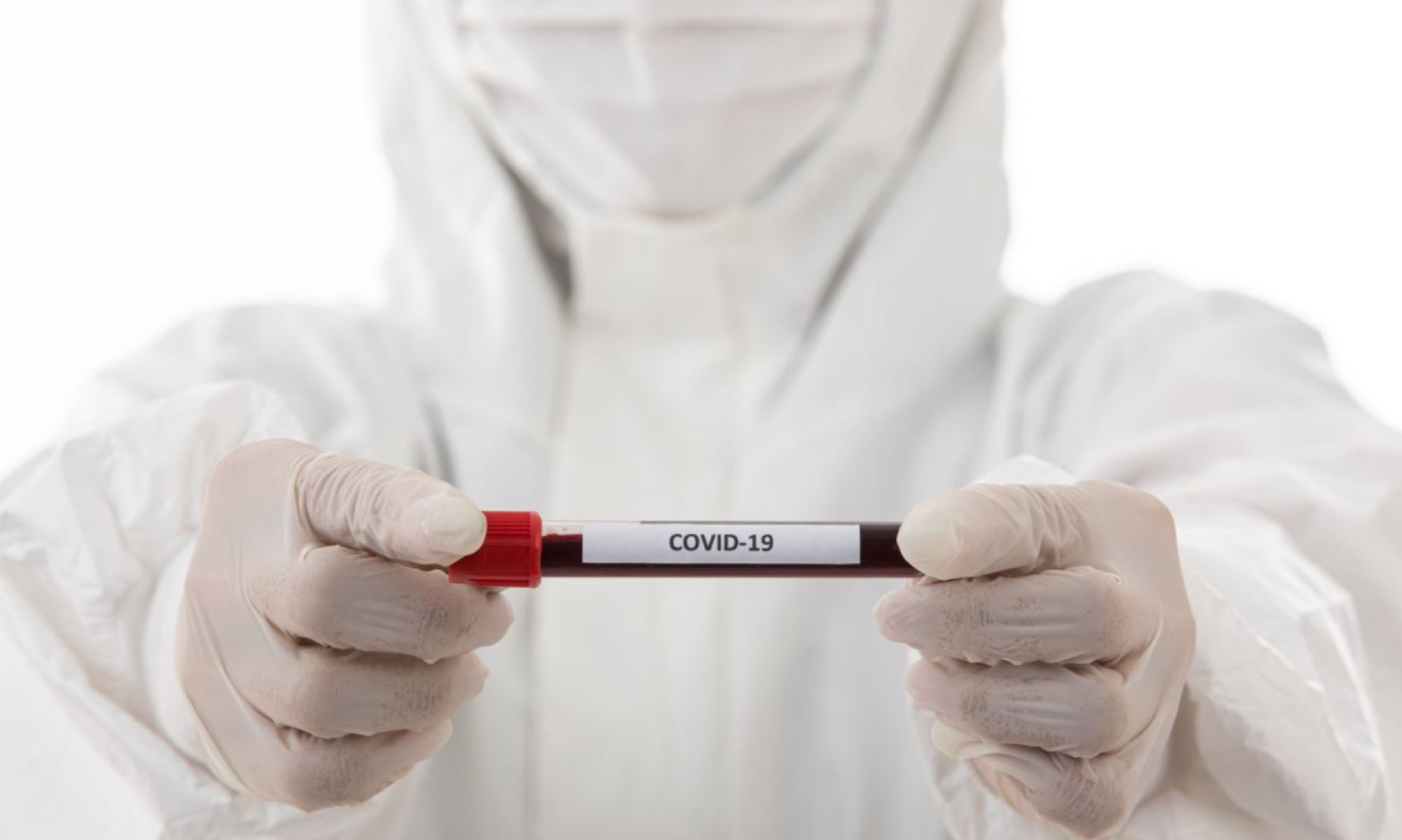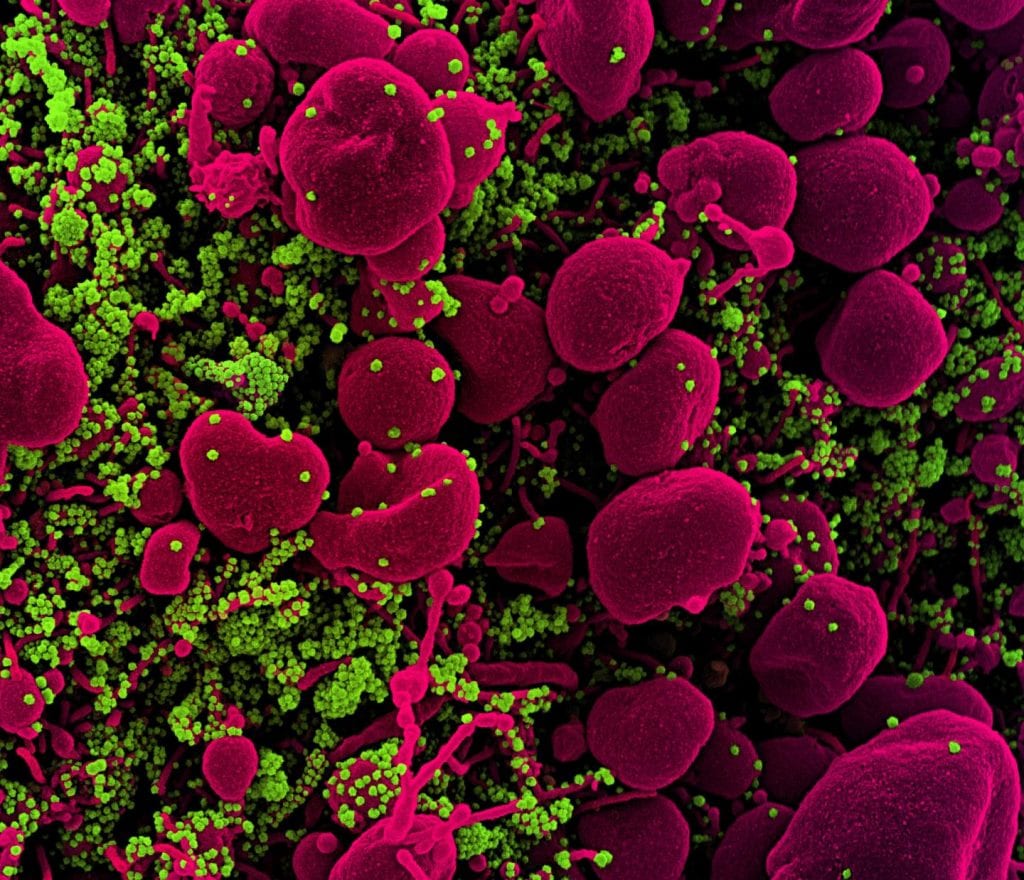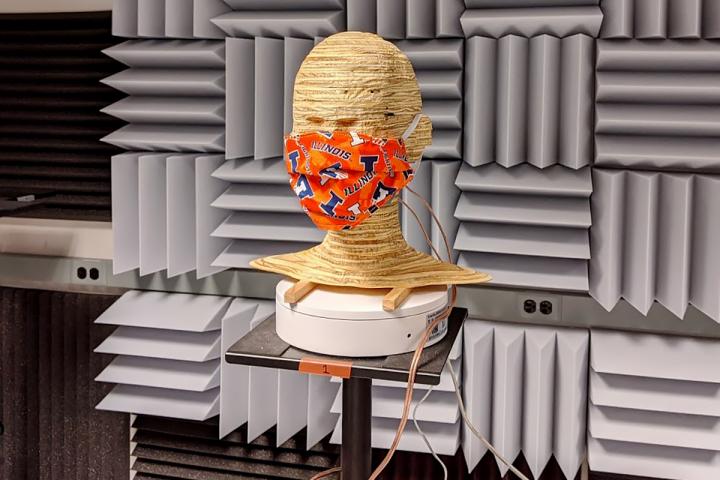
Press Release:
Sweden kept preschools, primary and lower secondary schools open during the spring of 2020. So far, little research has been done on the risk of children being seriously affected by COVID-19 when the schools were open. A study from Karolinska Institutet in Sweden has now shown that one child in 130,000 was treated in an intensive care unit on account of COVID-19 during March-June. The study has been published in New England Journal of Medicine.
So far, more than 80 million people have become ill with COVID-19 and globally, almost two million people have died from the disease. Many countries have closed down parts of society in order to reduce the spread of infection. One such measure has been to close schools.
Continue reading “Low risk of severe COVID-19 in children”


